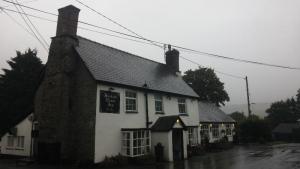Find a pub
Recently added
Singing Kettle Inn
Gone but not forgotten - 08 Maw 2016
Gone but not forgotten - 08 Maw 2016
Singing Kettle Inn
Gone but not forgotten - 08 Maw 2016
Gone but not forgotten - 08 Maw 2016
Rising Sun, Nannerch
Gone but not forgotten - 27 Chwef 2016
Gone but not forgotten - 27 Chwef 2016
Rising Sun, Nannerch
Gone but not forgotten - 27 Chwef 2016
Gone but not forgotten - 27 Chwef 2016
Palace Hotel, Rhyl
Gone but not forgotten - 27 Chwef 2016
Gone but not forgotten - 27 Chwef 2016
Palace Hotel, Rhyl
Gone but not forgotten - 27 Chwef 2016
Gone but not forgotten - 27 Chwef 2016
Ferry Hotel, Tal y Cafn
Gone but not forgotten - 27 Chwef 2016
Gone but not forgotten - 27 Chwef 2016
Ferry Hotel, Tal y Cafn
Gone but not forgotten - 27 Chwef 2016
Gone but not forgotten - 27 Chwef 2016

 Located in the quiet Radnorshire village of Bleddfa and the inn derived its name from the court of the Hundred Townships of Cefnllys who met at the village inn in from 1524 until 1867. Legal matters and affairs of the parish were discussed in these law courts that travelled around the remoter parts of the country. Those unfortunate to be sentenced to death at the inn were usually taken to Monaughty to be hanged.
Located in the quiet Radnorshire village of Bleddfa and the inn derived its name from the court of the Hundred Townships of Cefnllys who met at the village inn in from 1524 until 1867. Legal matters and affairs of the parish were discussed in these law courts that travelled around the remoter parts of the country. Those unfortunate to be sentenced to death at the inn were usually taken to Monaughty to be hanged.